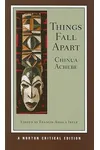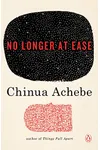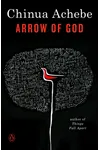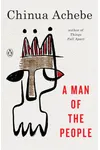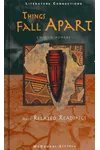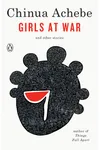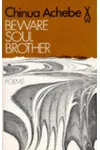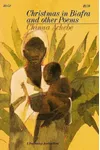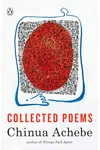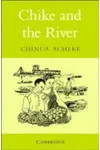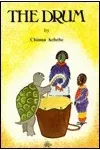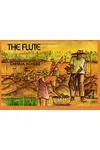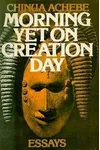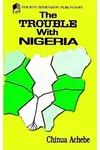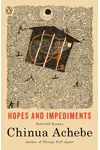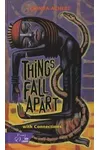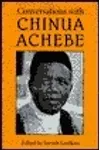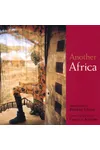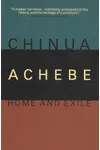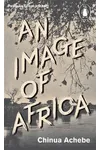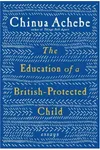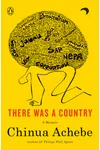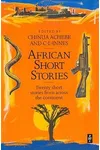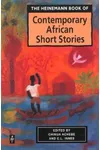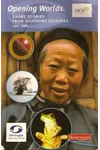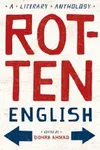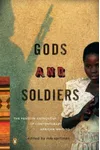Picture a Nigerian storyteller who turned the literary world upside down with a single novel—meet Chinua Achebe! Born in 1930, Achebe wove tales that brought Igbo culture to life, blending tradition with the seismic shifts of colonialism. His masterpiece, Things Fall Apart, sold over 20 million copies and reshaped how the world saw African literature.
With a voice both gentle and fierce, Achebe didn’t just write stories—he sparked a global conversation about identity, culture, and resilience. Ready to dive into his world? Let’s explore the life and legacy of this literary giant.
The Making of Chinua Achebe
Chinua Achebe was born in Ogidi, Nigeria, into a Christian Igbo family. Raised amidst oral traditions and colonial education, he grew up straddling two worlds. At University College, Ibadan, he studied English, but the Eurocentric curriculum frustrated him. Why were African stories absent? This question ignited his passion for writing. After graduating, Achebe worked in radio, but it was his first novel, published at 28, that launched his legend.
Chinua Achebe’s Unforgettable Stories
Achebe’s Things Fall Apart (1958) is a cornerstone of world literature. The novel follows Okonkwo, a proud Igbo warrior, as his village faces British colonial intrusion. Its rich portrayal of Igbo life—proverbs, rituals, and all—challenged Western stereotypes. Translated into 57 languages, it’s a global touchstone. No Longer at Ease (1960) tackled post-independence corruption, while Arrow of God (1964) explored spiritual conflicts. Anthills of the Savannah (1987) critiqued political decay with sharp wit.
Achebe’s style was deceptively simple, weaving Igbo oral traditions with English clarity. His themes—culture, power, change—resonated universally, making complex ideas accessible. He didn’t shy away from tough topics, like colonialism’s scars or Nigeria’s struggles, but his storytelling always felt intimate, like a fireside chat.
Why Chinua Achebe Matters
Achebe’s work did more than entertain—it redefined African literature. Before him, African voices were often sidelined or exoticized. He gave Igbo culture a seat at the global table, inspiring writers like Chimamanda Ngozi Adichie. As a critic, his essays, like “An Image of Africa,” called out racism in Western classics. His teaching stints at universities worldwide spread his vision, and awards like the Man Booker International Prize cemented his legacy. Achebe passed in 2013, but his stories still shape how we understand identity and resilience.
About Chinua Achebe
- Born: November 16, 1930, Ogidi, Nigeria
- Key Works: Things Fall Apart, Arrow of God, Anthills of the Savannah
- Awards: Man Booker International Prize (2007), Nigerian National Order of Merit
- Died: March 21, 2013, Boston, USA
Ready for a literary adventure? Snag Things Fall Apart and dive into Achebe’s vibrant world of Igbo culture and timeless storytelling!
